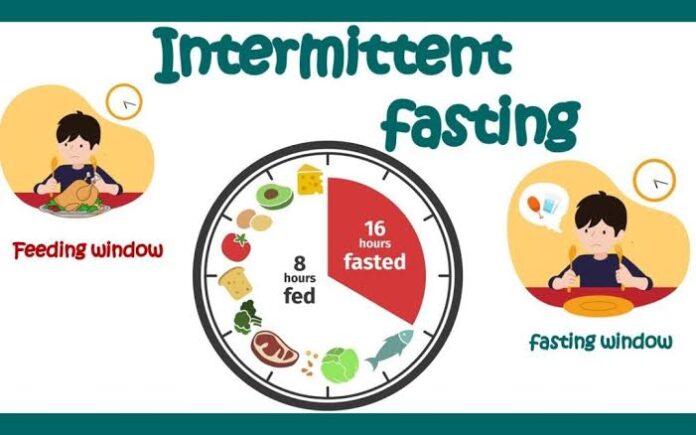Intermittent fasting has gained popularity and interest as a means to improve health and wellness. Instead of focusing simply on what things to eat, this diet plan has you cycling between periods of eating and fasting. However, intermittent fasting has many other health benefits beyond only helping people shed pounds.
Intro to IF: What You Need to Know
Contrary to popular belief, intermittent fasting is not a diet. It is not so much what you eat as when you eat it. This category includes eating regimens like the 16/8 technique (during which you do not eat for 16 hours straight) and the 5:2 diet (during which you eat normally for 5 days and drastically cut your calorie intake for the other 2 days).
This is the Recommended Video to Watch that Will teach you more on Intermittent Fasting that will Aid to Weight Loss, and Also let you know the benefits.
Health Advantages
Handling One’s Weight
Its success in helping people control their weight is a major selling point. Intermittent fasting is effective for weight loss since it limits the time period during which you can consume. It may also aid in the maintenance of muscle mass and the promotion of metabolic rate.
Superior Metabolic Condition
Several indicators of metabolic health have showed promise when subjected to intermittent fasting. As a result, insulin resistance is reduced, blood sugar levels are lowered, and the risk of developing type 2 diabetes is lowered.
Brain Health Studies suggest that intermittent fasting might promote brain health. It has the potential to improve cognitive abilities, boost nerve cell proliferation, and protect against neurodegenerative conditions.
Cellular Maintenance and Aging
Autophagy, the process by which cells purge themselves of damaged parts and renew, is triggered by fasting. It is thought that the cleansing of one’s cells might extend one’s life and improve one’s general health.
Physical Consequences
Hormonal Fluctuations
Hormonal changes occur in the body during fasting. Reduced insulin levels promote fat loss. Fat is burned and muscle is gained as a result of an increase in human growth hormone (HGH).
Gene Expression and Cellular Repair
The genes and molecules involved in longevity and disease protection can be altered favorably by fasting. It kicks off the body’s natural mending mechanisms, making it stronger.
Can Anyone Benefit from Intermittent Fasting?
While there are many potential health benefits to intermittent fasting, it is important to remember that it is not the right choice for everyone. Women who are pregnant or breastfeeding, people with specific medical issues, and anyone with a history of eating disorders should undertake intermittent fasting with caution or under medical supervision.
Conclusion
Intermittent fasting is a simple and adaptable method that can be used for more than just weight loss. The impacts on the body are far-reaching, ranging from improved metabolic function and weight regulation to increased longevity and cellular regeneration. But like any other change in lifestyle, it needs to be tailored to the individual and approached with caution to reap the benefits without the drawbacks. Before beginning this process, it is recommended that you speak with a doctor or nutritionist.
As more studies are conducted to better understand the consequences of intermittent fasting, it continues to be a fascinating topic of study for those interested in health and medicine.


